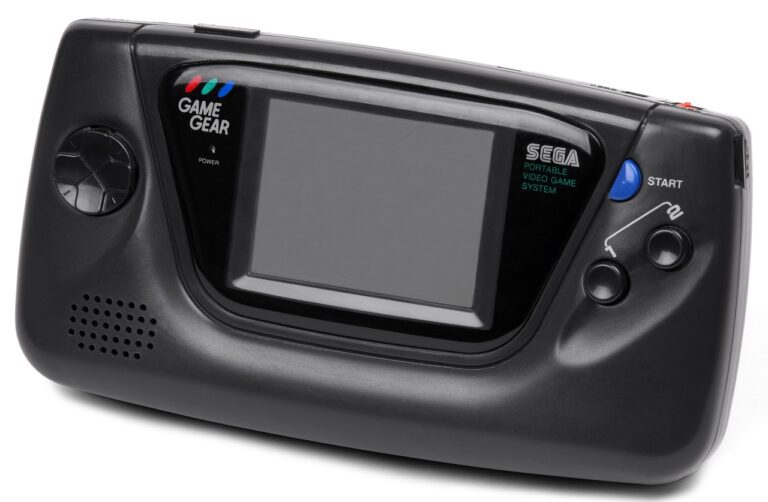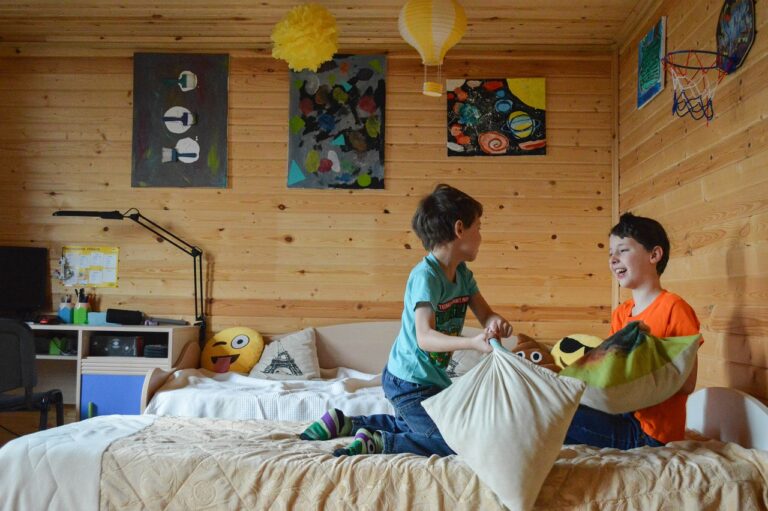The Impact of Music Venue Design on Intersectional Equity and Social Justice: World7 id, Mahadev betting login, Silver 777 login
world7 id, mahadev betting login, silver 777 login: Music venues hold the power to bring people together from all walks of life, creating spaces for community, expression, and celebration. However, the design of these spaces can have a significant impact on intersectional equity and social justice. The layout, accessibility, and inclusivity of music venues can either foster a sense of belonging for all or perpetuate systems of exclusion and discrimination.
Inclusive Design Leads to Diverse Audiences
When music venues are designed with inclusivity in mind, they become more welcoming to a diverse range of patrons. This can lead to a more diverse audience attending shows, creating a richer tapestry of experiences and perspectives. By considering factors such as wheelchair accessibility, gender-neutral bathrooms, and sensory-friendly accommodations, music venues can ensure that everyone feels safe and comfortable attending their events.
Empowering Marginalized Artists
The design of music venues can also impact the opportunities available to marginalized artists. By providing accessible stages, green rooms, and equipment, venues can empower artists from underrepresented communities to showcase their talent. Additionally, venues that prioritize diversity in their booking practices can help amplify the voices of artists who have historically been sidelined in the music industry.
Creating Safer Spaces for All
Music venues have a responsibility to prioritize the safety and well-being of all patrons. By implementing strategies such as training staff on how to respond to incidents of harassment or violence, creating designated safe spaces, and implementing clear codes of conduct, venues can create an environment where everyone feels protected and supported. This is particularly crucial for marginalized communities who may be more vulnerable to discrimination or harm in public spaces.
Addressing Systemic Inequities
Music venues cannot exist in a vacuum they are part of larger systems of power and privilege. By actively working to address systemic inequities within their own spaces, venues can contribute to broader efforts towards social justice and equity. This may include partnering with local community organizations, advocating for policy change, or supporting initiatives that benefit marginalized communities.
Frequently Asked Questions:
Q: How can music venues improve accessibility for disabled patrons?
A: Music venues can improve accessibility by providing ramps, designated seating areas, and accessible bathrooms. They can also train staff on how to assist patrons with disabilities and ensure that their websites provide detailed information on accessibility features.
Q: What can music venues do to support local artists from marginalized communities?
A: Music venues can support local artists from marginalized communities by booking diverse lineups, offering mentorship programs, and providing resources such as rehearsal space or recording equipment. They can also advocate for equitable pay and fair treatment for all artists.
Q: How can patrons support intersectional equity and social justice at music venues?
A: Patrons can support intersectional equity and social justice at music venues by holding venues accountable for their practices, advocating for inclusive policies, and supporting artists from diverse backgrounds. They can also speak up against discrimination or harassment when they witness it.







